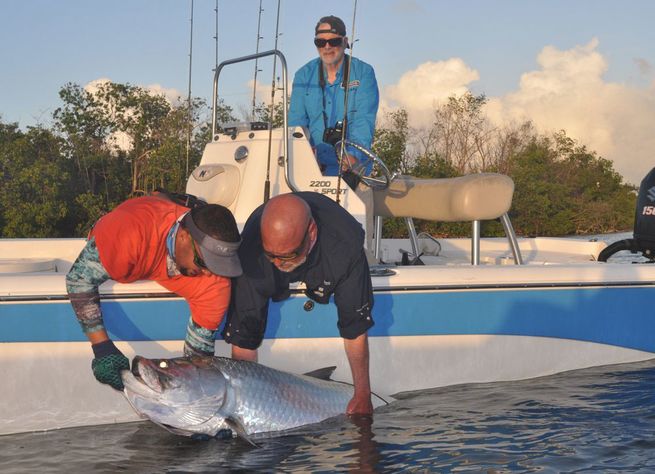A bill being considered by legislators in Puerto Rico would drastically tilt the scales against all recreational fishing, but especially flats fishing, in favor of commercial harvest within the region. BTT joins with its partner in Puerto Rico—the non-profit organization Fishing, Beaches and Environment (Pesca, Playa y Ambiente)—in opposing the proposed legislation.
You can learn more by reading BTT’s letter to the legislators (below) and this editorial published in Sportfishing Magazine (https://www.sportfishingmag.com/outrageous-new-law-would-end-most-sport-fishing-in-puerto-rico). You can make your voice heard by providing comments on Fishing, Beaches and Environment’s Facebook page using the following link: (https://www.facebook.com/pescaplayaambiente/).
Dear President Franqui:
I write to you on behalf of Bonefish & Tarpon Trust, an international, science-based, non-profit, conservation organization. We focus on conservation of the recreational ‘flats fishery’ for bonefish, tarpon, and permit, and the habitats upon which the fishery depends, but our work has much broader conservation applications. We represent recreational anglers, fishing guides, fishing lodges, and have partnerships with many companies in the recreational fishing industry and numerous conservation NGOs.
I write to express grave concern for the recently approved Senate Bill 1014, which will replace the current fishing law known as Law 278. The recreational flats fishery for bonefish, tarpon, permit, snook and other coastal species is far too important to Puerto Rico’s economy for these species to be made available for commercial harvest. The annual economic contribution of the recreational fishery in Puerto Rico exceeds $100 million, with an estimated 200,000 Puerto Ricans part of the recreational fishery. Furthermore, recreational anglers from around the globe travel to Puerto Rico to fish for these and other species, contributing even more to the island’s economy as part of the tourism sector.
In addition to boosting the economy, the economic importance of the flats fishery provides leverage for better management of fisheries and the habitats upon which the fisheries depend. For example, the recreational fishery for bonefish in The Bahamas has an annual economic impact exceeding $141 million. The economic importance of the fishery provided leverage to enact habitat protections for bonefish spawning sites – regulation that will ensure this economically important fishery remains healthy. Similarly, in Belize, where the annual economic impact of the flats fishery exceeds $56 million, the legislature declared bonefish, tarpon, and permit catch and release only – an important step toward making this important fishery sustainable. In Cuba, the world-famous flats fishery occurs in expansive areas protected specifically to support a sustainable flats fishery. In Florida, tarpon and bonefish are designated as catch and release only, and permit and snook are tightly regulated as recreational species.
In short, many other locations have realized the economic importance of these species as recreational, and have enacted regulations to ensure these fisheries are sustainable. These locations compete with Puerto Rico for recreational anglers who travel throughout the Caribbean to fish, contributing hundreds of millions of dollars to local economies annually.
We urge you to reconsider Senate Bill 1014, and to retain Law 278. Law 278 already includes equal treatment for both recreational and commercial fisheries, and is most appropriate for effective fisheries regulations. Moreover, as we are observing throughout the Caribbean, habitat loss and degradation are the top threats to all fisheries – recreational and commercial – so should be receiving the attention that is being misapplied to Senate Bill 1014.
Sincerely,
Aaron Adams, Ph.D.
Director of Science and Conservation
Photo Courtesy of Dave Lewis




